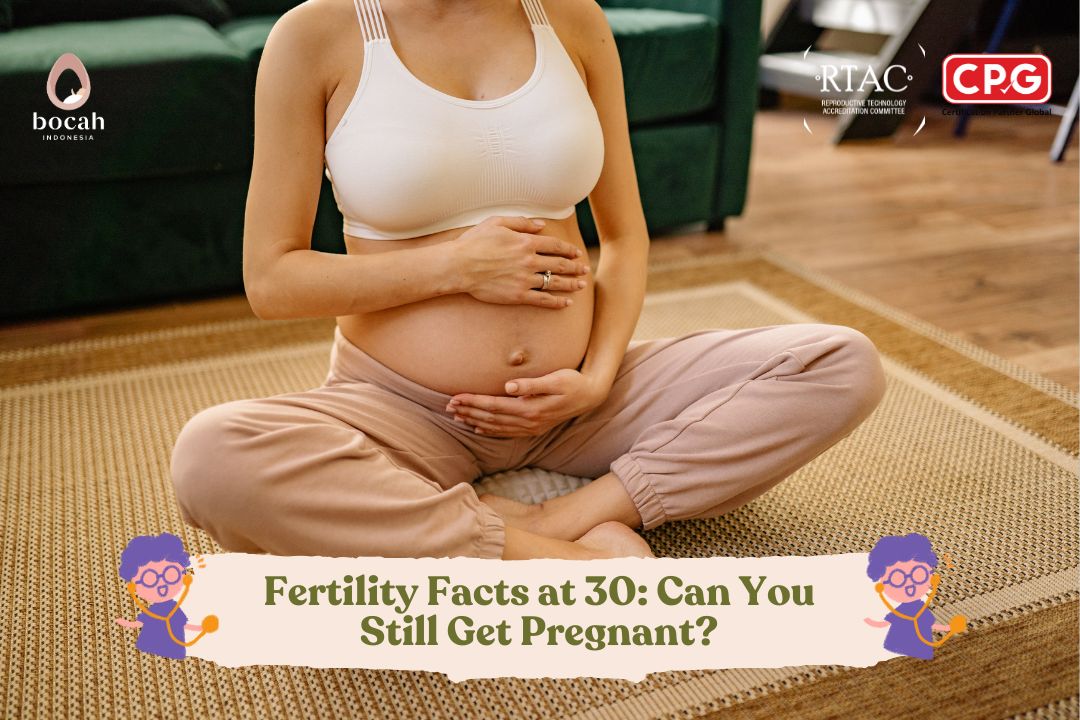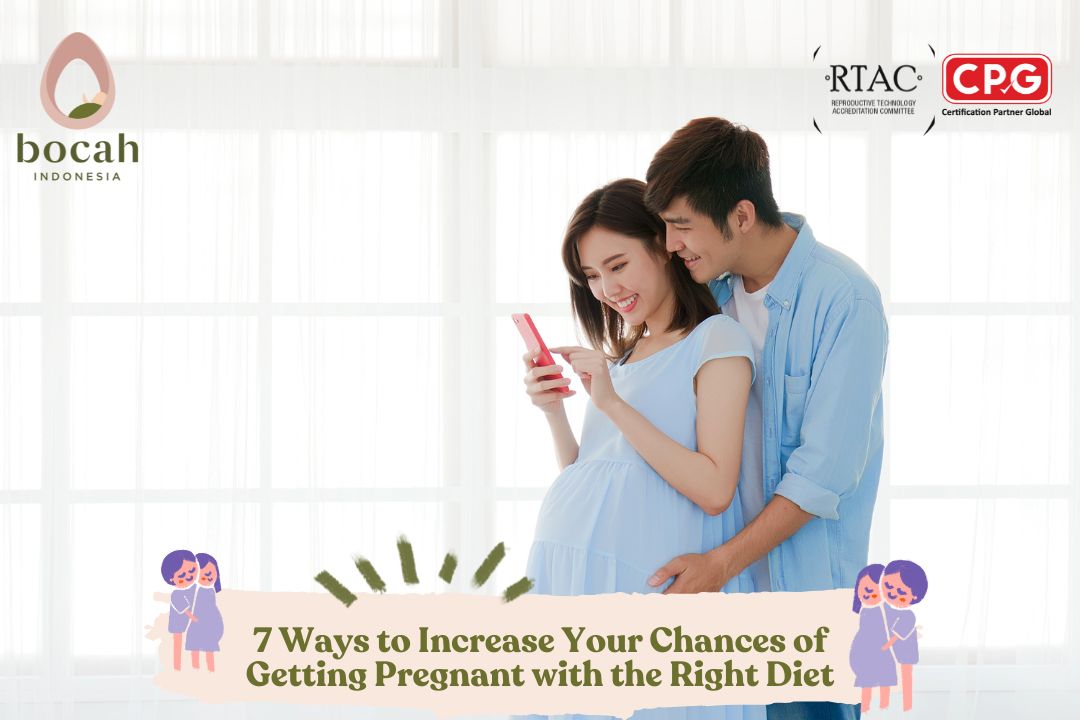Entering Your 30s: Here’s the Condition of Your Eggs

Your eggs, or ova, continue to change as you age. Discover how egg quality evolves in your 30s—and what it means for your fertility!
As you enter your 30s, your body goes through many changes, including shifts in reproductive health. One of the most important aspects to consider is the condition of your eggs. Egg quality plays a crucial role in your chances of conceiving, as both the number and the quality of eggs naturally decline with age.
If you’re planning to get pregnant in your 30s, it’s essential to understand the condition of your eggs and what steps you can take to protect your reproductive health.
How Egg Quality Changes in Your 30s
Ova (eggs) are a woman’s reproductive cells and play a central role in conception. Each month, your ovaries release one egg as part of your menstrual cycle. This egg may then be fertilized by sperm, starting the process of pregnancy.
However, as you get older, both the quality and the quantity of your eggs naturally decline, which can impact your fertility.
Tanya Mincah tentang Promil?
Here are some key changes that happen to your eggs in your 30s:
-
Genetic Quality Declines
In your 30s, the genetic quality of your eggs begins to decrease. This raises the risk of chromosomal abnormalities that could affect fetal development if conception occurs. -
Egg Quantity Decreases
Women are born with approximately 1–2 million eggs. By puberty, this number falls to around 300,000–400,000. Over a woman’s reproductive lifespan, only about 400–500 eggs will mature and be ovulated. Once you reach your 30s, the decline in both quantity and quality becomes more noticeable. -
Eggs Become Less “Flexible”
In your 30s, your eggs may become less responsive to sperm due to reduced quality, which can impact their ability to be fertilized successfully.
In addition to age, several other factors may affect your egg quality:
-
An unhealthy lifestyle, such as poor diet, smoking, and lack of exercise
-
Medical conditions like hormonal disorders or ovarian diseases
-
Exposure to environmental toxins, chemicals, or pollution
-
Chronic stress that disrupts hormonal balance and reproductive health
By understanding these changes, you can take proactive steps to maintain your fertility.
Can You Still Get Pregnant in Your 30s?
A December 2021 study published in JAMA Health Forum revealed that pregnancies in women over 30 carry higher medical risks than those in women in their 20s. These risks include high blood pressure, gestational diabetes, and premature birth.
However, proper medical care can reduce these risks. In fact, some women in their 30s may experience better pregnancy outcomes than younger women due to greater emotional and financial stability, healthier lifestyles, and better planning.
Yes, you can still get pregnant in your 30s—many women do so successfully. However, it may take a bit longer due to lower egg quantity and quality. Additionally, be aware of the following risks:
-
Miscarriage
The risk of miscarriage increases in your 30s. But it’s important to remember that miscarriage can happen at any age, so maintaining overall health during pregnancy is always essential. -
Birth Defects
There’s a slightly higher chance of giving birth to a baby with genetic conditions like Down syndrome when conceiving at this age. -
Gestational Diabetes
Women in their 30s are more likely to develop gestational diabetes, which can affect both mother and baby’s health. -
Preeclampsia
This condition causes high blood pressure and other complications. It’s critical to attend regular prenatal checkups to manage and reduce risks. -
Preterm Birth
There’s a greater risk of delivering early, which could affect the baby’s health. Fortunately, many preterm babies still grow up healthy with proper medical care. -
C-Section Delivery
Women over 35 are more likely to require a cesarean delivery than those in their 20s. However, both normal and C-section deliveries have their pros and cons. The most important thing is a healthy mom and baby.
By understanding these risks, you can better plan a healthy pregnancy in your 30s with the right medical support.
Fertility Planning in Your 30s
As you navigate your 30s, consider various fertility treatments and strategies to help you conceive, such as:
1. IVF (In Vitro Fertilization)
In IVF, eggs are collected and fertilized with sperm in a lab before being implanted in the uterus. IVF is effective, especially for women with reduced egg quality or blocked fallopian tubes.
2. IUI (Intrauterine Insemination)
This is a simpler technique where sperm is inserted directly into the uterus during ovulation. It’s often suitable for mild fertility issues.
3. Fertility Medications
Doctors may prescribe drugs to stimulate ovulation and increase egg production in each cycle. Do not take these medications without medical advice.
4. Surgical Solutions
Conditions like ovarian cysts or endometriosis may require surgery before starting fertility treatments.
5. Fertility Specialist Consultation
A fertility specialist can assess your reproductive health and recommend suitable options. You can consult with clinics like Bocah Indonesia to evaluate your egg quality in your 30s.
With the right information and support, women in their 30s can still achieve a healthy pregnancy. Talk to your doctor and start planning today.



